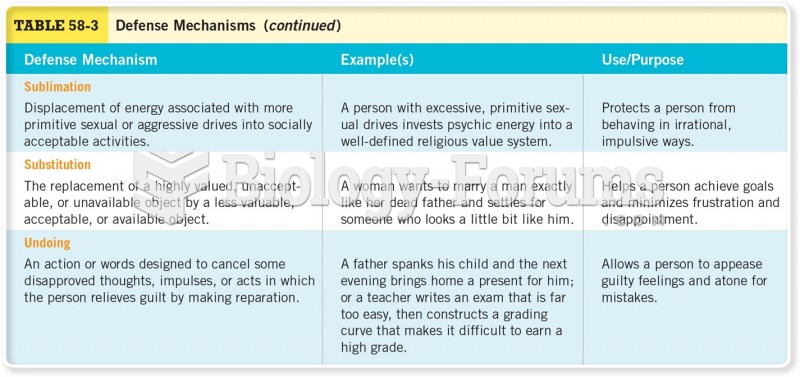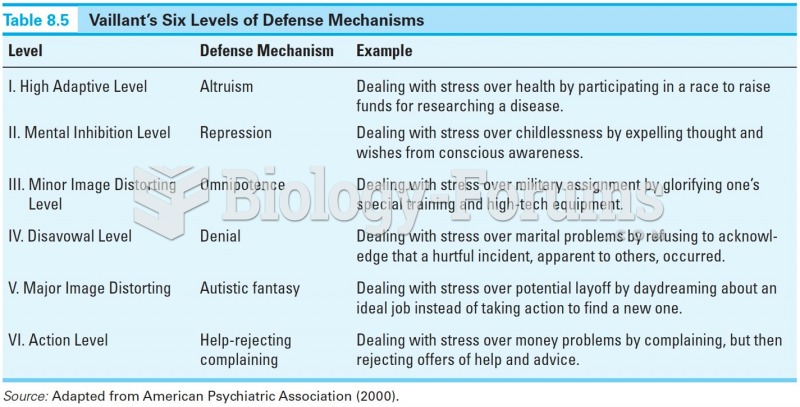Answer to Question 1
We all have the right to protect ourselves from physical attacks by others; this is the right of self-defense. In most states, however, the force we use to protect ourselves must be reasonable under the circumstances. The force used must be justified by the degree of threat posed in a given situation. If someone is about to take your life, the use of deadly force (shooting that person with a gun, for example) might be deemed reasonable. If, however, someone in a shopping mall tries to pick your pocket to steal your wallet, you normally do not have a right to shoot the thief, because there was no physical threat to your person.
We also have the right to use reasonable force in the defense of property. In particular, if someone is trespassing on or stealing our property, we have the right to use force to stop the trespassing or prevent the theft; again, the amount of force used must be reasonable. Because human life has a higher value than property, deadly force is normally not allowed in the protection of property unless the thief or trespasser poses a threat to human life.
Depending on the situation, the castle doctrine may come into play. This doctrine is based on the common law concept that you have a right to defend your home (your castle), yourself, your property, or an innocent person from the illegal acts of another. In general, if an intruder is in a home, the legal residents of the home do not have a duty to retreat. Rather, they have an express right to stand their ground. About half of the states have expressed this principle in legislation, but the details of how the principle is applied vary significantly across the states.
Answer to Question 2
At one time, it was thought that a corporation could not incur criminal liability because, although a corporation is a legal person, it can act only through its agents (corporate directors, officers, and employees). Therefore, the corporate entity itself could not intend to commit a crime. Under modern criminal law, however, a corporation may be held liable for crimes committed by its agents and employees within the course and scope of their employment. Corporations cannot be imprisoned, but they can be fined or denied certain legal privileges.
Corporate directors and officers are personally liable for the crimes they commit, regardless of whether the crimes were committed for their personal benefit or on the corporation's behalf. Additionally, corporate directors and officers may be held liable for the actions of employees under their supervision. Under what has become known as the responsible corporate officer doctrine, a court may impose criminal liability on a corporate officer regardless of whether he participated in, directed, or even knew about a given criminal violation.







